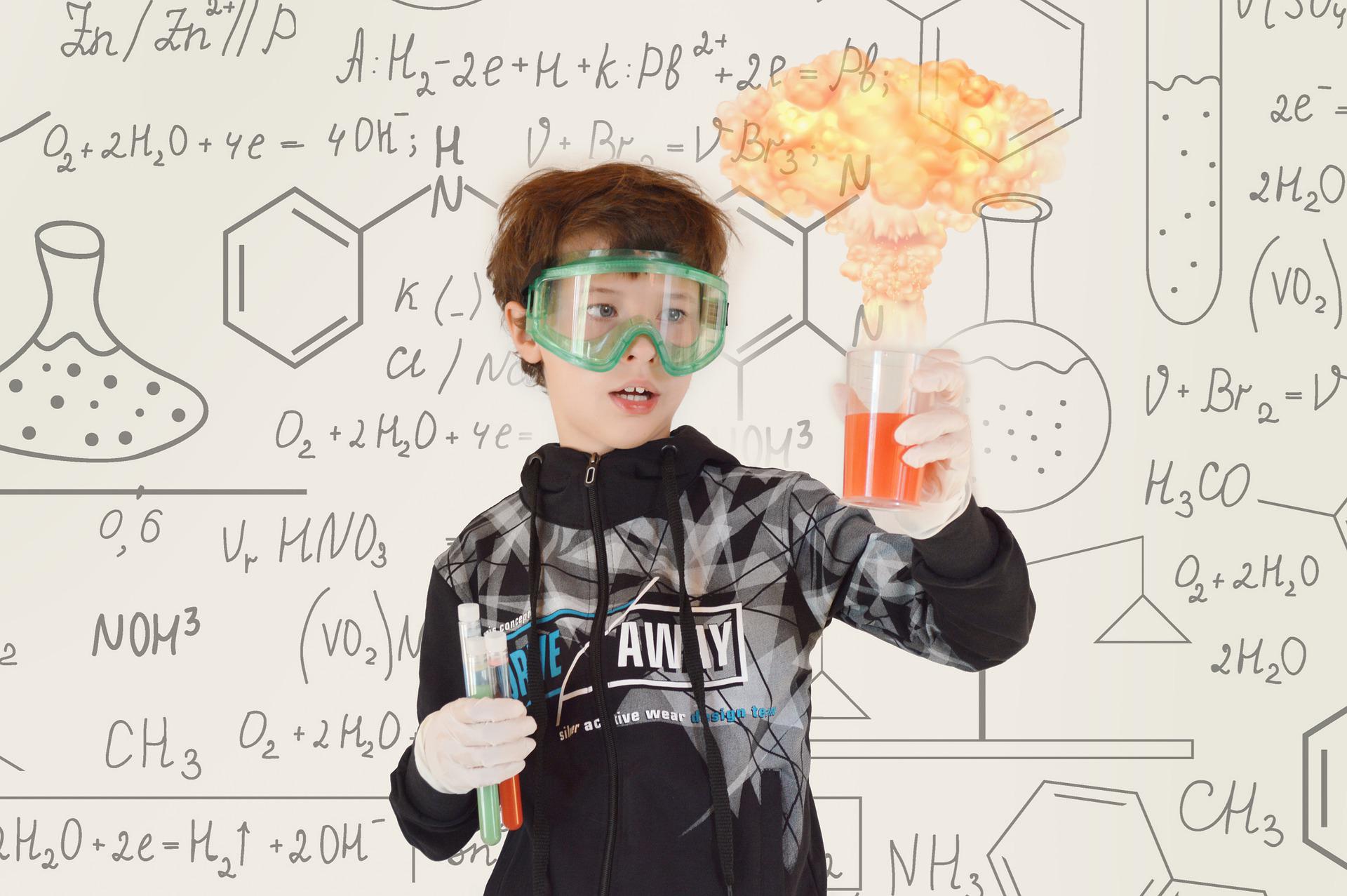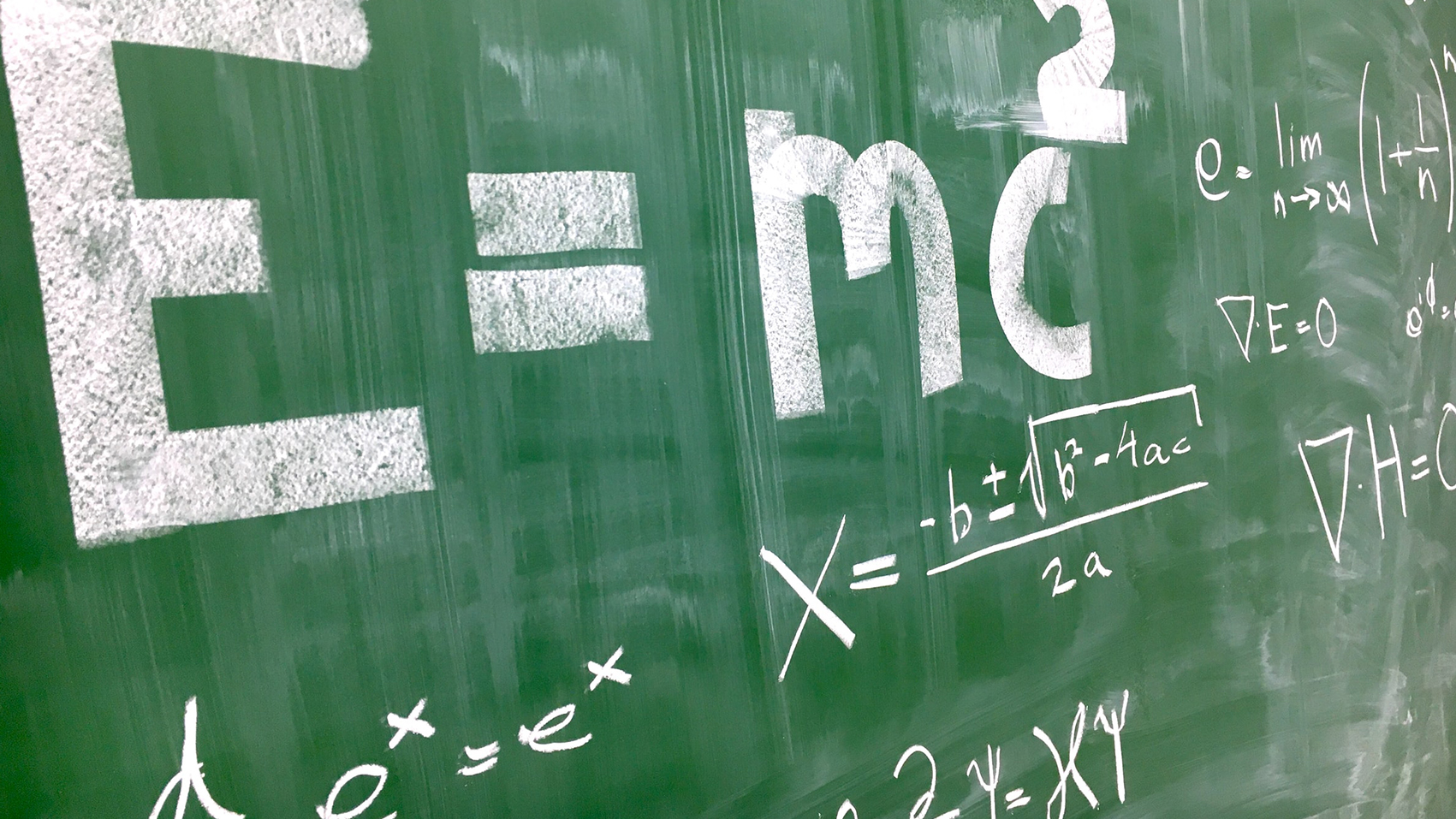This content is associated with The Open University's Psychology courses and qualifications.
Misconceptions about physics
Teaching is not as simple as presenting students with facts to memorise. Students have their own ideas about the world based on their everyday experiences. For example, students sometimes mistakenly think that light and electricity flow like water or that cold is not the absence of heat, but a substance with a physical location that can flow from one place to another.
The trouble is that students’ incorrect ideas can lead them to reject what they are taught. Even when teachers provide evidence that the student is wrong, the student will often reject the evidence rather than change their own incorrect theory. This is similar to people refusing to believe in climate change despite overwhelming scientific evidence. This is a phenomenon called ‘motivated reasoning’ where people selectively choose evidence which fits their theory and reject evidence to the contrary. It means that once students have a misconception, it can be extremely difficult to correct it.

Why is physics so hard?
Students can have difficulty with any subject, but science (especially physics), often deals with abstract concepts, such as magnetic fields, chemical bonds and electrical currents, which students find particularly tricky as they cannot see or touch them. Physics is also frequently counterintuitive. For example, many students think that a lightbulb in an electrical circuit will be brighter the nearer it is to a power source, when this is not the case. Another issue is that multiple concepts often link together (such as mass, weight and gravity), so to fully understand one concept, a student may also need to understand other related concepts. Language can cause issues, particularly when scientific terms from different topics are similar. For example, students regularly confuse ‘gravitational field’ with ‘magnetic field’ or confuse the nucleus of an atom with the nucleus of a plant or animal cell.
Attitude seems to play a huge role in how motivated students are to learn. Often students develop a mental block about physics. They sometimes assume that it is ‘too hard’ or there is ‘too much maths’ and so they give up, particularly if they are not intending to go on to study physics further at A Level. Teachers spend considerable time trying to make physics more enjoyable for the students by doing experiments, demonstrations and fun activities. However, fun can be difficult to control. What the teacher thinks will be fun, is not always what students find fun. Additionally, students frequently fail to extract the scientific principle from enjoyable activities. They remember the activity, but not the significance of why they did it.

Why do some people find it easy?
Some students are particularly good at physics. I have interviewed six physics teachers on this and the teachers seem to attribute this to genetics. However, the teachers also mentioned that these students do extra reading, ask questions and come to find the teacher after class to talk about physics, so there appears to be environmental factors too. The relationship between ‘nature’ (an individual’s genetics) and ‘nurture’ (their environment) is complex. For example, someone who has genes that make them tall (nature) or a parent who is keen on basketball (nurture), may have an advantage when playing basketball. This may make them good at basketball, so they enjoy it and seek out other opportunities to play it and improve through practice. In this way, quite a small initial advantage (whether caused by genetics or environment) could be significantly amplified.
What is clear is that students who are good at physics actively seem to seek out environments where they can learn about physics. They enjoy physics and are curious about it, so they put in extra effort. This curiosity about physics seems to be very difficult for the teachers to inspire in other students. This can lead to the gap between more able and less able students increasing, as those who are not good at physics are less likely to enjoy it and spend less time on it. Additionally, the more you know about a topic, the easier it becomes to learn new information about it. We integrate new information into what we already know, so students who spend more time on physics outside the classroom are likely to find it easier to remember more of what they are taught in the classroom.






Rate and Review
Rate this article
Review this article
Log into OpenLearn to leave reviews and join in the conversation.
Article reviews